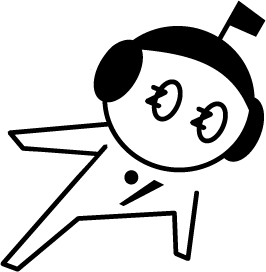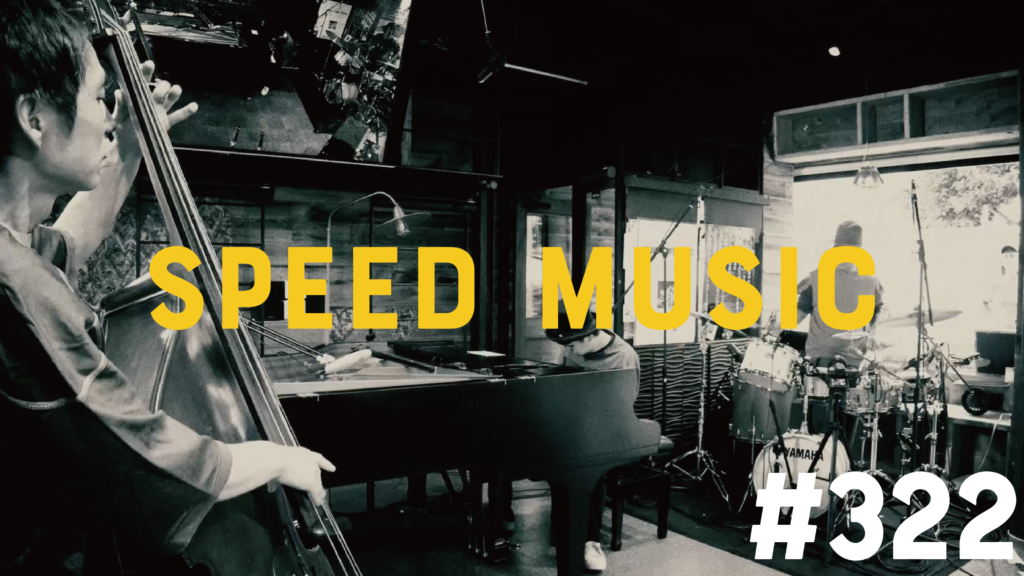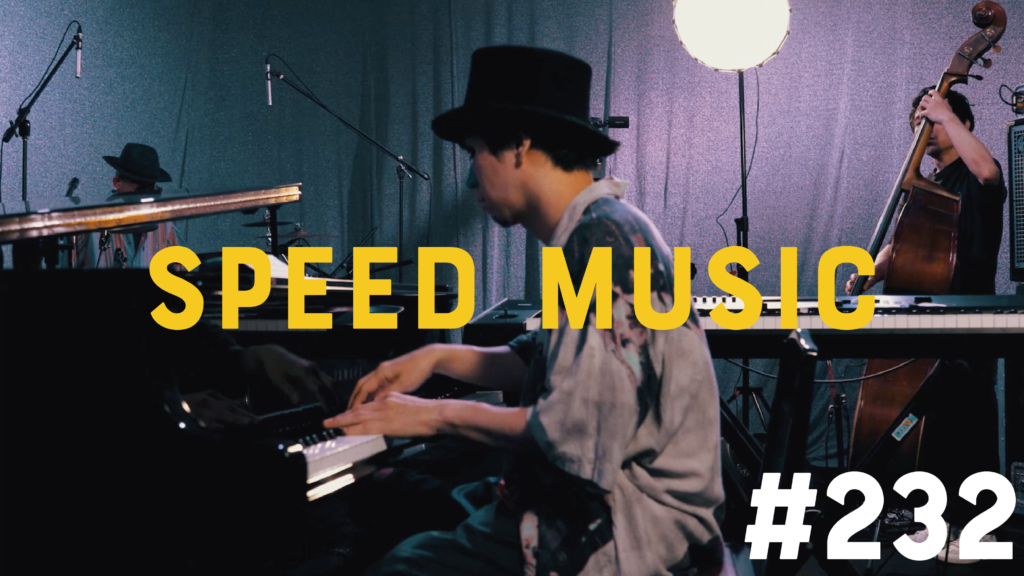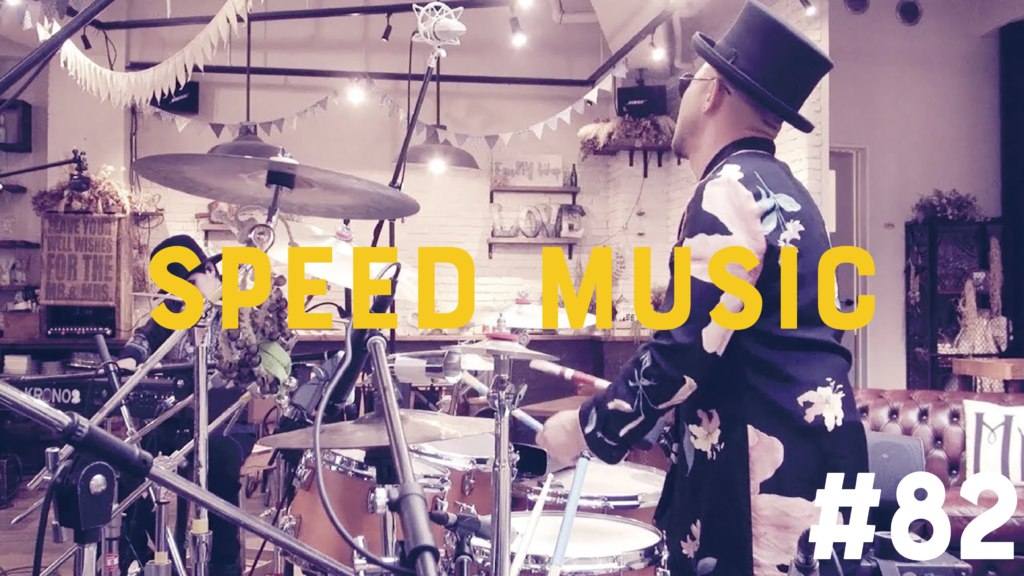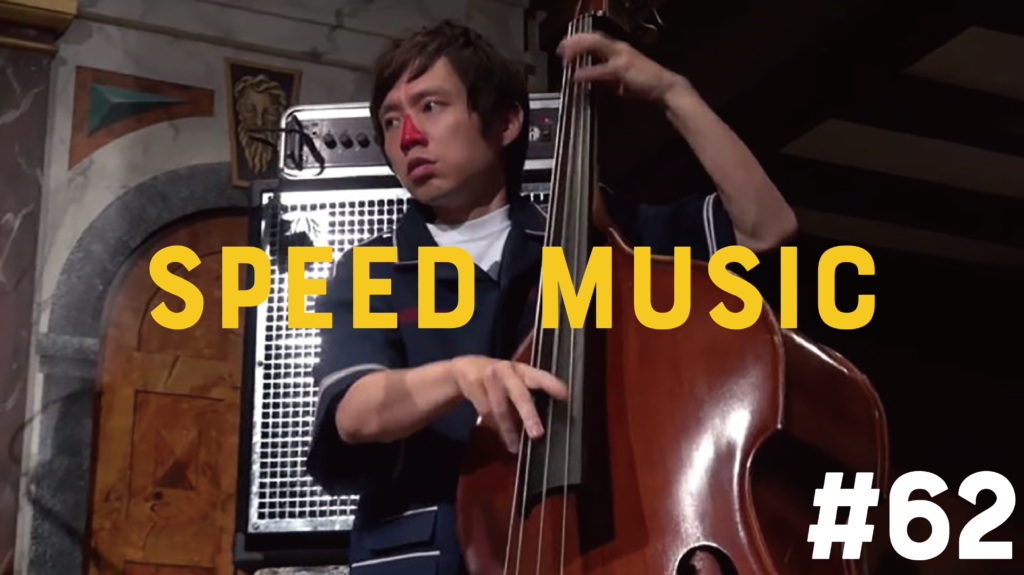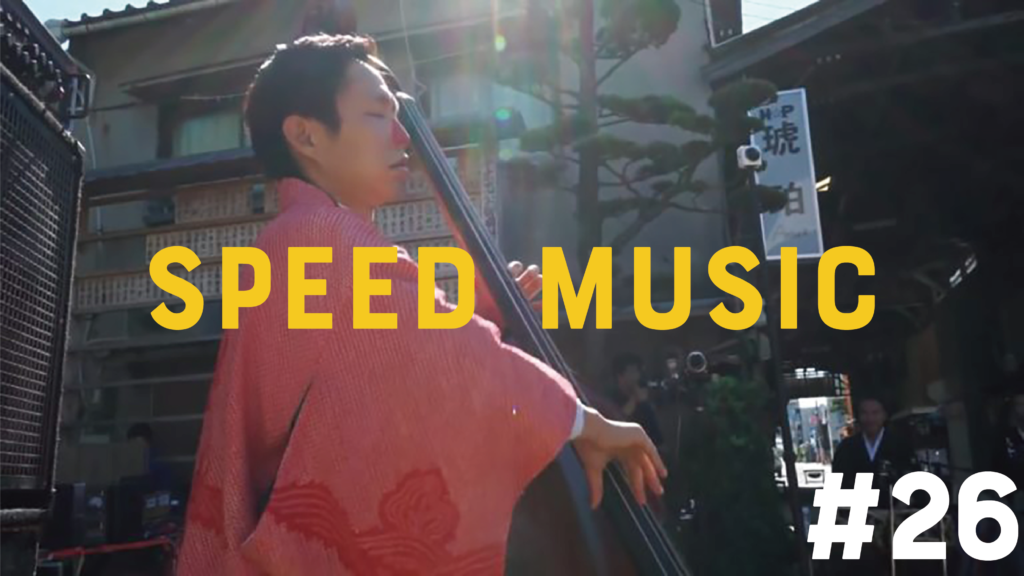#62 どうにもとまらない / 山本リンダ by H ZETTRIO
1972年6月5日にリリースされた日本の歌手・山本リンダのシングルである。オリコン集計では、累計で30万枚を突破した山本最大のヒット作である(レコード売り上げは40万枚を売り上げた)。山本はこの曲で1972年の第14回日本レコード大賞作曲賞、日本歌謡大賞放送音楽賞を受賞し、1972年の『第23回NHK紅白歌合戦』に出場した(これは、『こまっちゃうナ』で1967年の第18回に出場して以来)。また1991年の第42回NHK紅白歌合戦では、同じく山本のヒット曲である『狙いうち』と共に披露した。(フリー百科事典 ウィキペディア日本語版より:https://x.gd/abvT9)
It is a single by Japanese singer Linda Yamamoto, released on June 5, 1972. According to Oricon, it is Yamamoto's biggest hit, with cumulative sales exceeding 300,000 copies (record sales exceeded 400,000 copies). Yamamoto won the Composition Award at the 14th Japan Record Awards in 1972 and the Broadcast Music Award at the Japan Popular Music Awards for this song, and participated in the 1972 ''23rd NHK Kouhaku Uta Gassen.'' (since he participated in the 18th edition in 1967). Also, at the 42nd NHK Kouhaku Uta Gassen in 1991, it was performed along with Yamamoto's hit song ''Neraiuchi''. (From the free encyclopedia Wikipedia Japanese version: https://x.gd/abvT9)
